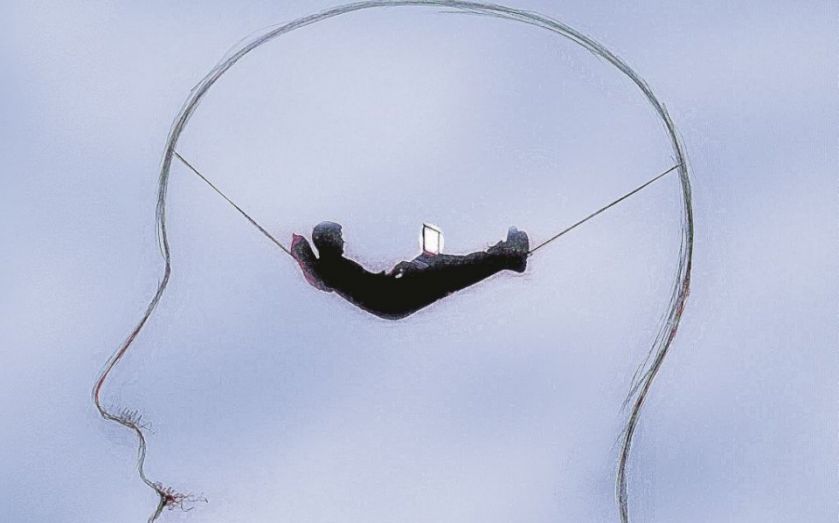Mindfulness techniques: Give yourself a competitive advantage with these simple exercises to keep on top of work

Can you recall the last time you found yourself fully focused on a task for an extended period of time, or enjoyed a dinner with a friend without checking your phone frequently?
In both our work and personal lives, our minds are under siege. Our ability to be present and focused with our tasks and with other people is crumbling. We all know this, but now researchers have put a number to it. The number is 47.
For forty-seven per cent of our waking hours, our attention is wandering involuntarily away from what we are meant to be doing. That goes for when we are emailing, in meetings and while we are with our family and friends. This lack of focus harms our productivity, hampers our creativity, and ruins our well-being. We have entered an attention economy where a strong and clear attention is just as valuable as having time and skills.
Leaders are hit particularly hard in the attention economy, because they badly need focused attention to absorb information, consolidate it, make trade-offs and arrive at good decisions.
WHY MINDFULNESS IS THE ANSWER
As a response to the attention economy, mindfulness is emerging as an unexpected competitive advantage in business today.
But why? Because mindfulness is an impactful way of training our mind to be calm, clear and focused in the midst of frantic busyness. High performing companies all around the globe are embracing the training to enable their people to perform better and have more well-being.
FOUR WAYS TO GET INVOLVED
Mindfulness and its applications to work are quite straightforward. These four tips will get you going:
1. Train mindfulness for 10 minutes every day. Scientists have found that it will improve your focus, performance and well-being. Get an app to guide you and read a book to inspire you.
2. Stop multitasking. According to researchers, multitasking decreases productivity, creativity and well-being. Further, it ruins your focus. Do one thing at a time. Be in the driving seat of your focus.
3. No emails first thing in the morning. The morning is your brain’s prime time. You are more focused, clear and creative. Checking your emails first thing will put you into detail mode and direct your focus to what was important yesterday, not tomorrow. Spend the first 30 to 90 minutes of the day on important conversations, reflection and planning.
4. Be present with others in meetings. If we are not present when in meetings, we are wasting our own and other people’s time. Be silent for a minute at the beginning of any meeting to let the mind settle and centre. Close all devices during the meeting.
5. Avoid action addiction. The busier we get, the more we are prone to take on anything that comes our way. We get caught up in solving details instead of focusing on the big important tasks. Take short breaks during the day to quieten the mind and recall priorities.